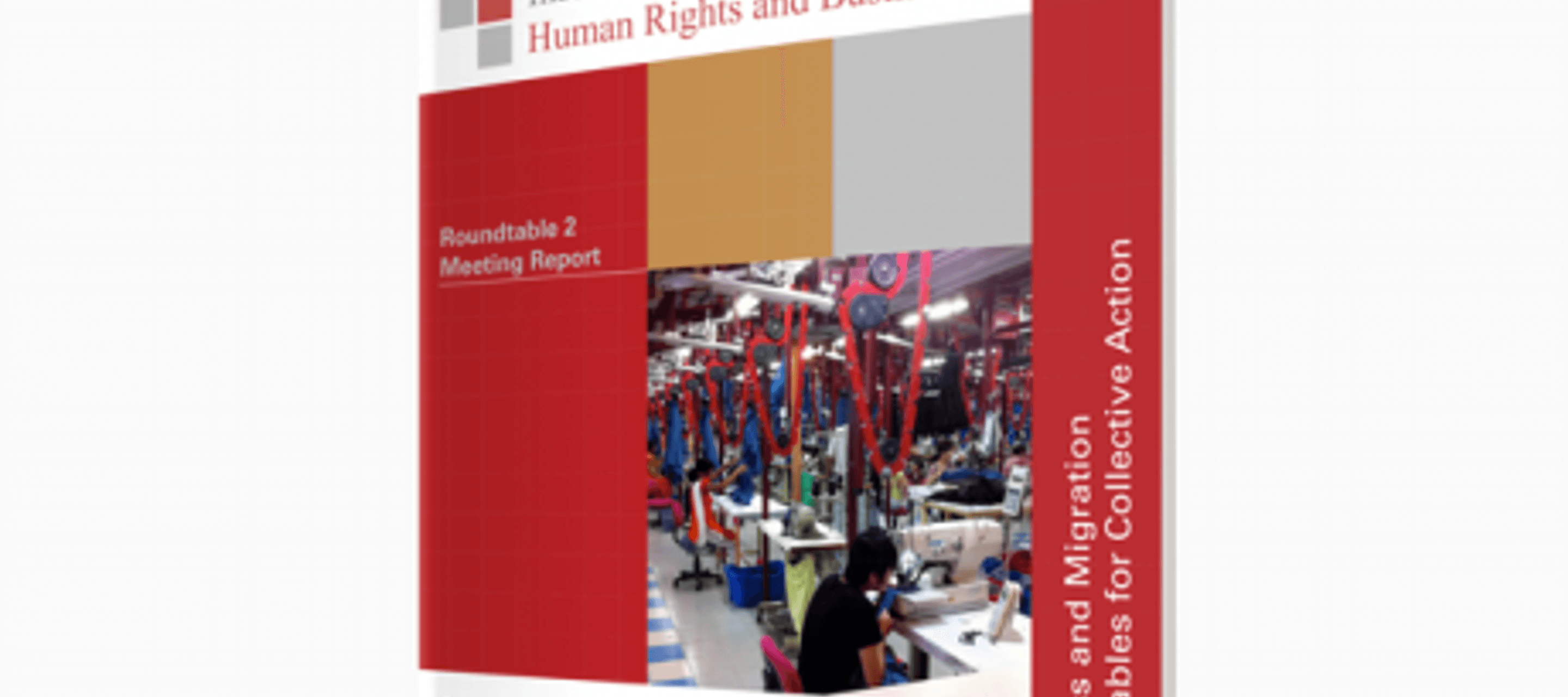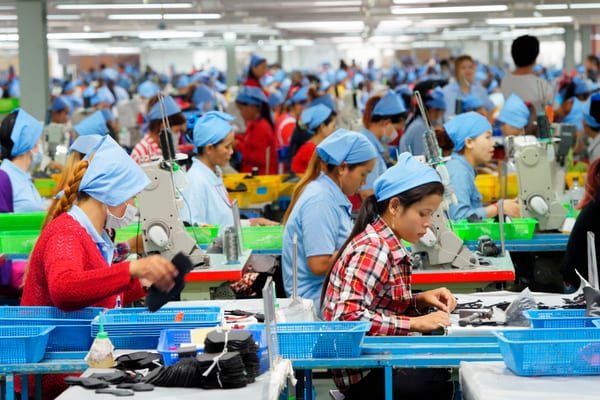Migrant Labour in the Apparel Sector in Mauritius
19 February 2011

Migrant workers represent a particularly vulnerable part of the workforce, and abuses occur throughout the labour supply chain. Recruitment of migrant workers by unregulated and frequently unscrupulous labour providers has given rise to much documented abuse of migrants, including as the deduction from wages of recruitment fees and pre‐departure loans at extortionate rates of interest, leading to situations of debt bondage.
Employment practices by suppliers in some receiving countries may include the retention of migrants’ travel documents, violating workers’ freedom of movement, and rendering them bonded labour. No matter where in the supply chain, violations of workers’ rights will always have significant reputational impacts on global high‐street brands. Promoting ethical recruitment and employment of migrants is a human rights responsibility and a business‐risk imperative.



